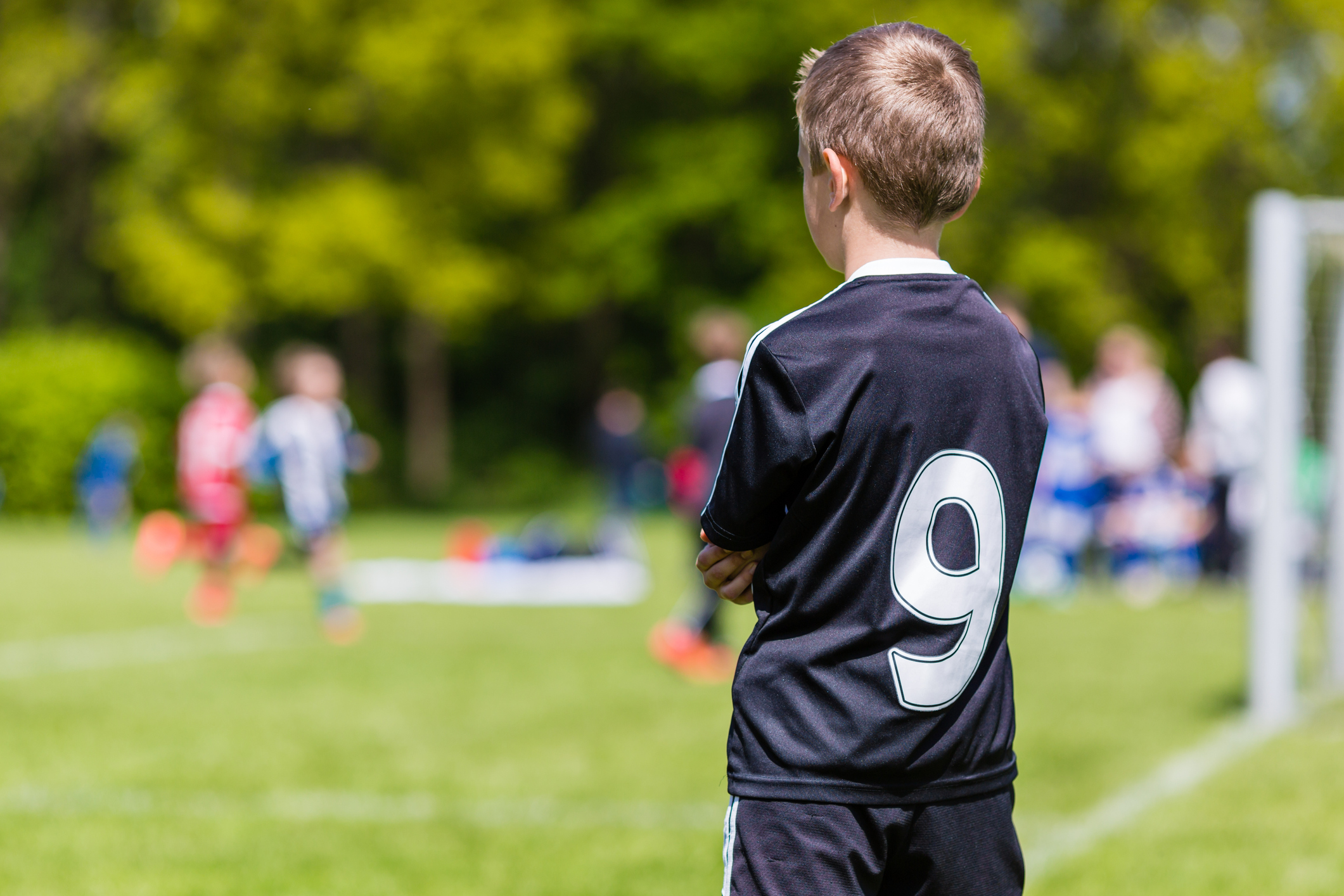Many parents worry if competitive sports are right for their child – and for good reason. Maybe the neighbor kid seems to have more natural athletic ability; perhaps the parent had a poor experience with competitive sports or no experience at all; maybe the child’s disposition seems too sweet or fragile for the aggression displayed on the court.
Before you can say “hoop dream,” parents will analyze competitive sports in a million different ways and for a million different reasons – and that’s okay, they are parents trying to do right by their children.
It’s easy for the little things – like playing time and favoritism – to get in the way of more important questions.
When considering competitive sports as an option for your child, its necessary to start at point A: is your child developmentally prepared for their sport?
Next, look at what benefits kids can get out of competitive sports in the long run, not just what it’s doing for them in the moment. Lastly, find out how to proceed with caution.
IS YOUR CHILD PHYSICALLY, MENTALLY, AND EMOTIONALLY READY?
Each child develops at a different rate. According to HealthyChildren.org, children are more likely to enjoy and succeed in athletics when they have the physical, mental and social skills required for the sport. But not all sports are created equally. Some require different skill sets.
Therefor, parents should guide their child to a sport that’s proven to be appropriate for them, starting with their child’s age. There are several organized activities children can do at almost every age that can contribute to their success in other sports down the road (here’s a list of a few sports appropriate for different age groups).
When a parent feels confident the sport their child is participating in is appropriate for their stage of development, it’s important for them to keep focused on the big picture, rather than on details of what happens every practice and game.
FOCUS ON THE BIG PICTURE OF COMPETITIVE SPORTS
Experts agree there are many benefits for children who play competitive sports, no matter if the kids are winning or losing. In an Op-Ed for the New York Times, Jim Thompson, Founder and CEO of Positive Coaching Alliance, says parents need to keep the big picture top of mind when thinking about the experience their children will get out of competitive sports. Parents can get caught up in the distractions of the moment and forget what competitive sports teach, like, “life lessons that can include a teachable spirit, resilience, grit, self-confidence, teamwork, determination and empathy.”
According to livestrong.com, “kept with reason … especially for those 11 and older, kids involved in sports usually do better in school, are less likely to abuse drugs or alcohol, have good relationships with peers and have better health overall.”
Psychology Today says, “Research studies have been conducted with hundreds of thousands of children who participate in sports. Generally, these studies show that youth who participate in organized sports during middle and high school do better academically and are offered greater job prospects than children who do not partake in sports activities.”
With all the big picture positive results in view, parents can proceed comfortably, but still with caution.
PROCEED WITH CAUTION
No matter how many studies show that competitive sports lead to successful lives for children, parents still need to consider their own child in the context of those studies. Not every kid is an athlete, but he or she may still want to play, and their effort and love for the game will pay off. On the other hand, some athletically inclined kids might just not like sports. Parents should first focus on the fun and let the child guide their participation in sports, highly competitive or not.
Here are several resources that can help:
Psychology Today identifies three important aspects of sports participation -intensity, continuity and balance. Parents should look to combine all three.
HealthyChildren.org, along with identifying what sports are appropriate for what age, lists several points to help guide parents, including doing research about the program your child will be entering and making sure safety is the priority of that program.
Health writer Darlene Zagata explains some of the pitfalls of your child specializing in one sport, supported by the American Academy of Pediatrics.
LISTEN TO YOUR CHILD
More often than not, children will tell you what’s right for them. Keep an ongoing dialogue with your child about their experience. Are they having fun? Are they interested in learning more? When your child starts to find excuses not to attend practice or no long finds participation any fun, it’s time to rethink their involvement.


